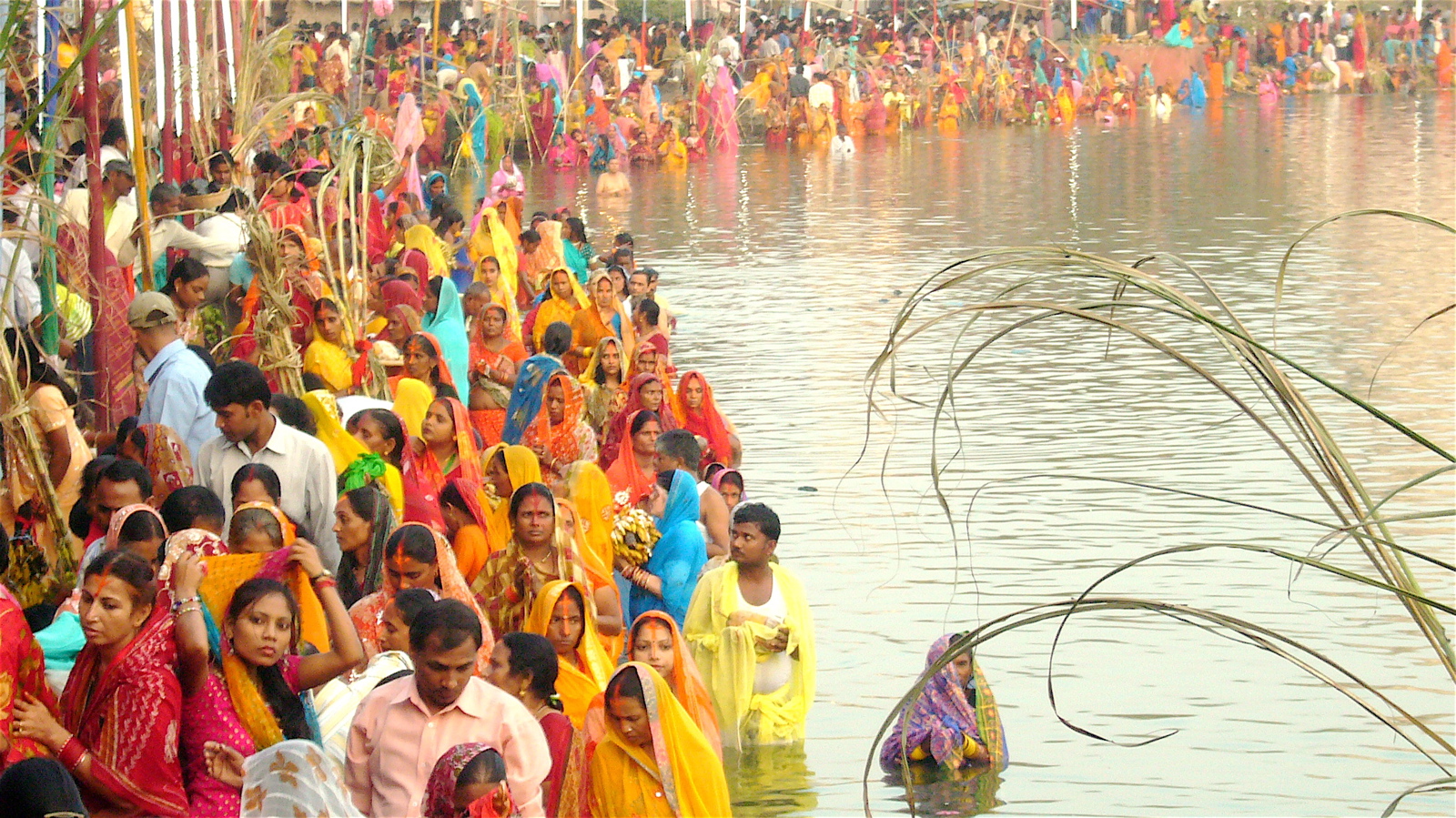
Kathmandu, October 27: The main day of the Chhath festival, Kartik Shukla Shashti, is being celebrated this evening with devotees offering prayers and ritual oblations (arghya) to the setting sun.
After bathing early in the morning and observing a day-long fast without water, the devotees offer arghya to the setting sun in the evening as part of the ritual.
The festival will be concluded tomorrow (Tuesday) morning by offering arghya to the rising sun.
The government has declared a public holiday for today.
This festival, dedicated to the worship and adoration of the Sun God, is observed from Kartik Shukla Chaturthi to Saptami and began this year on Saturday. According to the ancient epic Mahabharata, Draupadi and the five Pandavas worshipped the Sun God during their period of exile, praying for the success of their concealment. It is said that they resided in King Virata’s court during that time. Folklore holds that the tradition of celebrating Chhath started from that very period.
According to the Surya Purana, the sage Atri’s wife, Anusurya, was the first to observe the Chhath fast. As a result, she attained eternal marital bliss and her husband’s unwavering love. The Surya Purana mentions that the tradition of celebrating Chhath began from that time onward.
All material development in the world is based on the Sun. Without the Sun’s power, neither trees, plants, and vegetation nor animals and living beings could exist. Many physicians have written treatises on the healing power of sunlight, and numerous incurable and chronic diseases are said to have found astonishing cures through solar rays.
The Samba Purana mentions that Samba, son of Lord Krishna, was afflicted with leprosy due to a curse from Sage Durvasa but was cured through his devout worship of the Sun God. There is a popular belief that observing the Chhath fast brings relief from sorrow and poverty. Offering clusters of fruits to the Sun God is believed to please him, bringing prosperity and well-being to the devotee’s family and descendants.
Those who cannot observe the fast themselves often request others who are fasting to pray on their behalf for the fulfillment of their wishes. Even people facing financial hardship celebrate this festival—sometimes by seeking alms—so as not to miss the observance of this sacred occasion.
People’s News Monitoring Service.
Top of Form
Bottom of Form
Top of Form
Bottom of Form





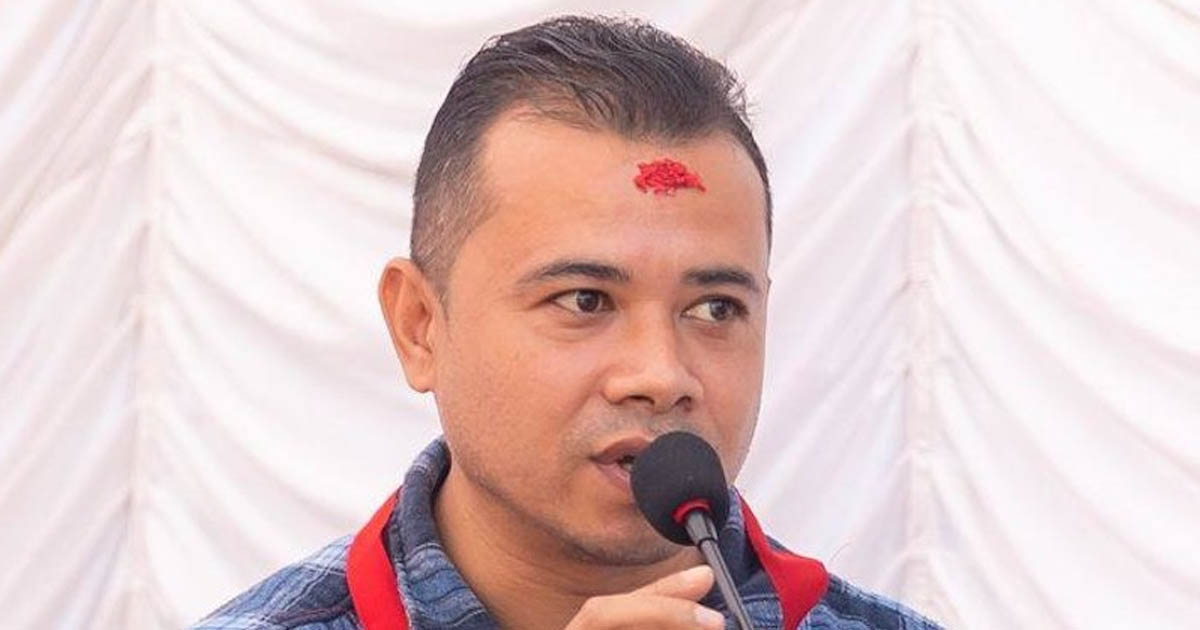



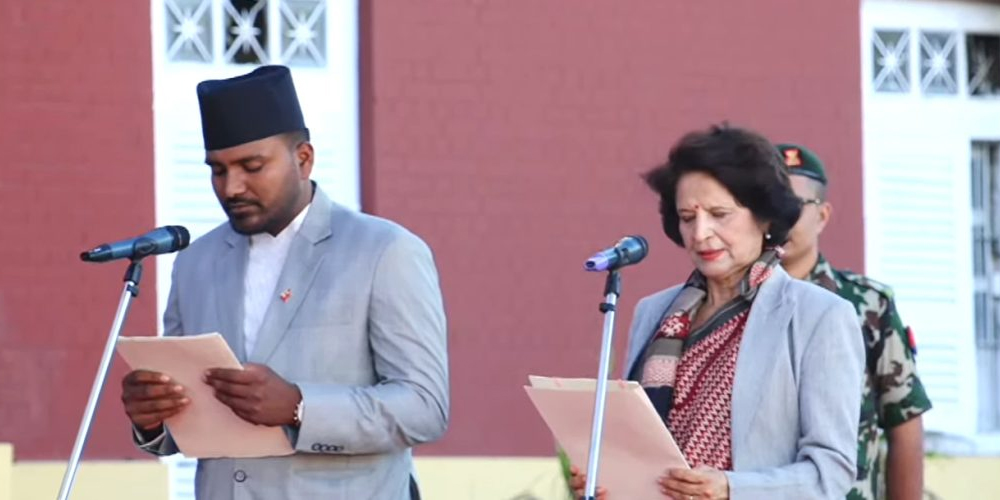
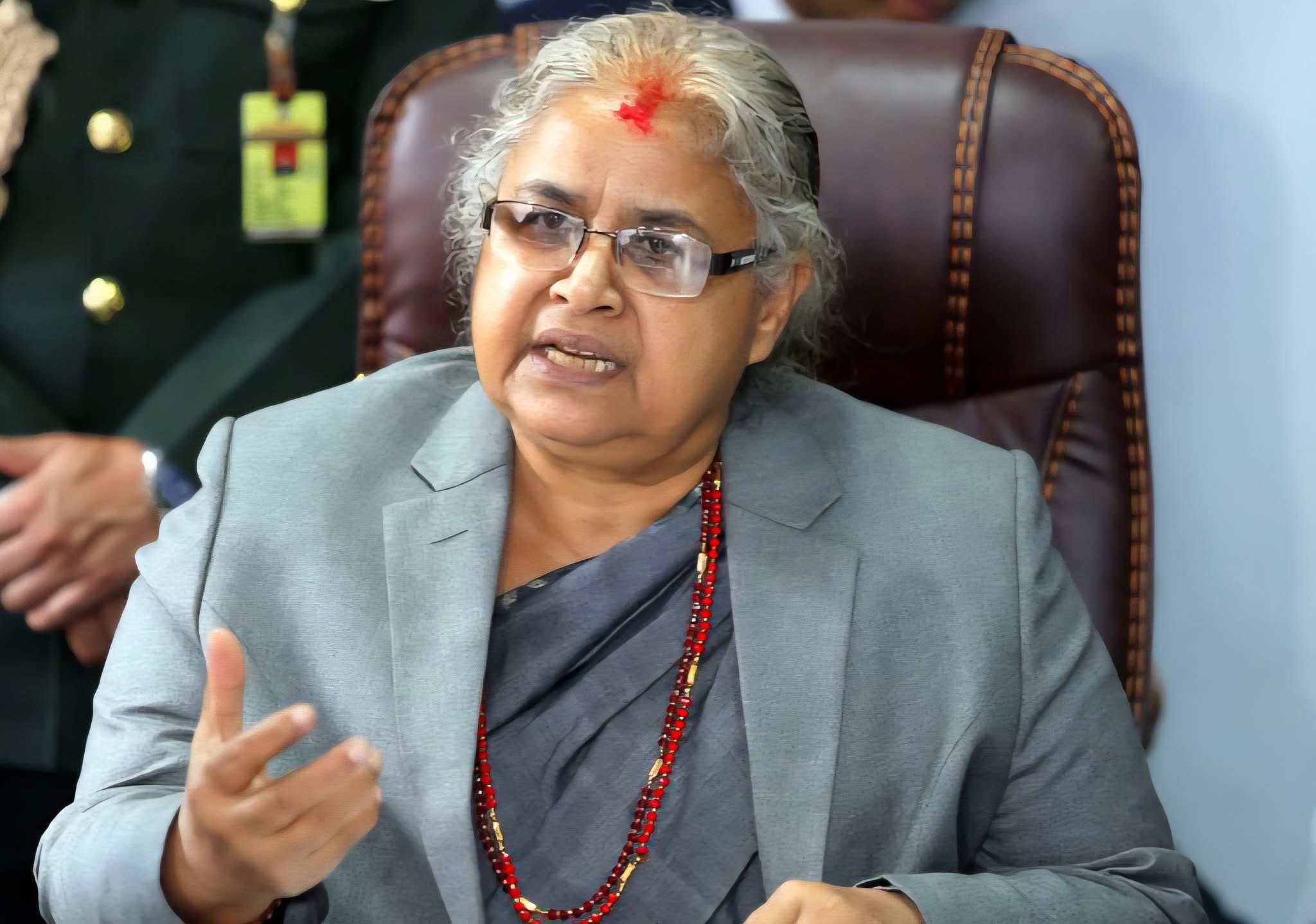




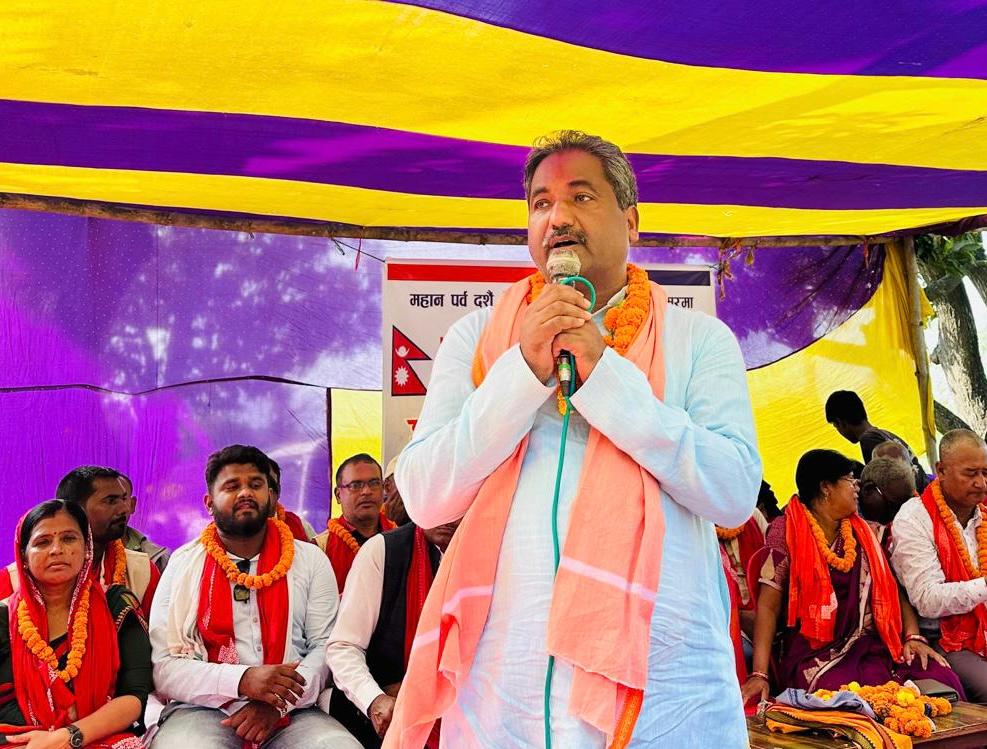
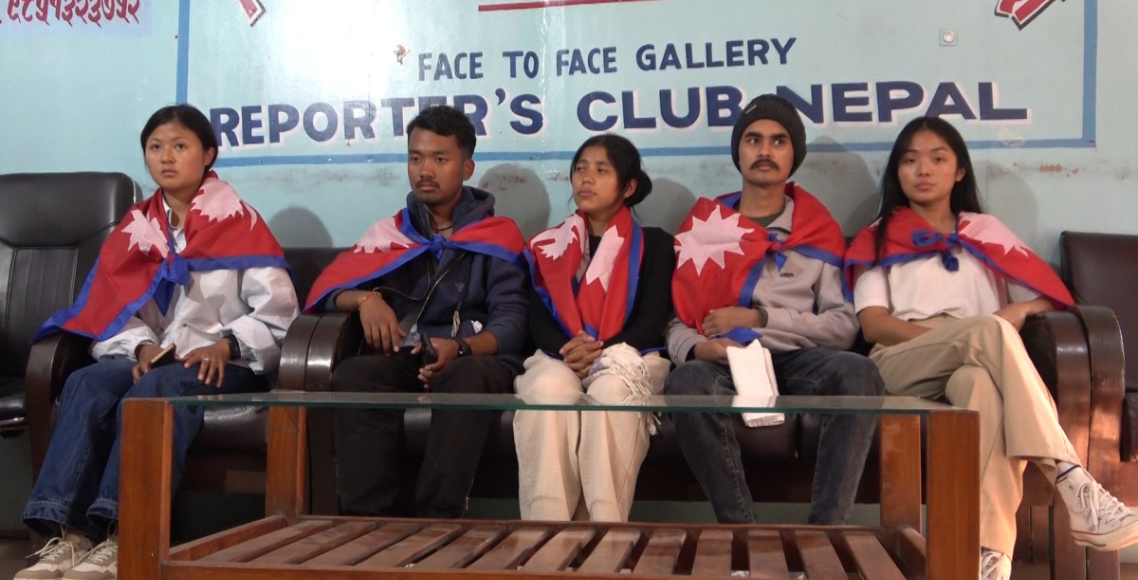


Comments:
Leave a Reply